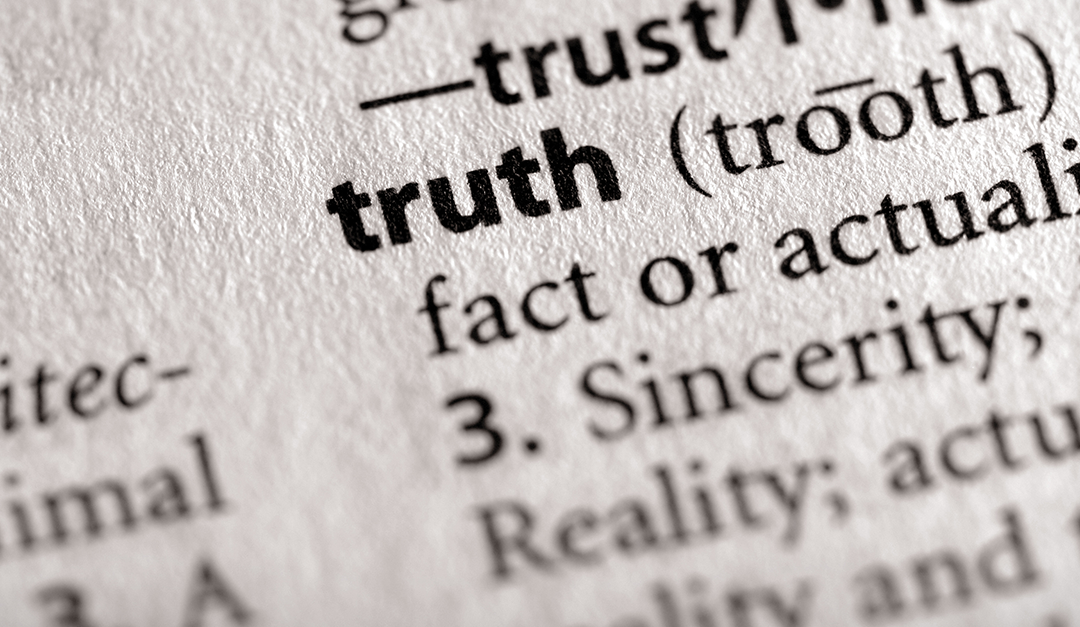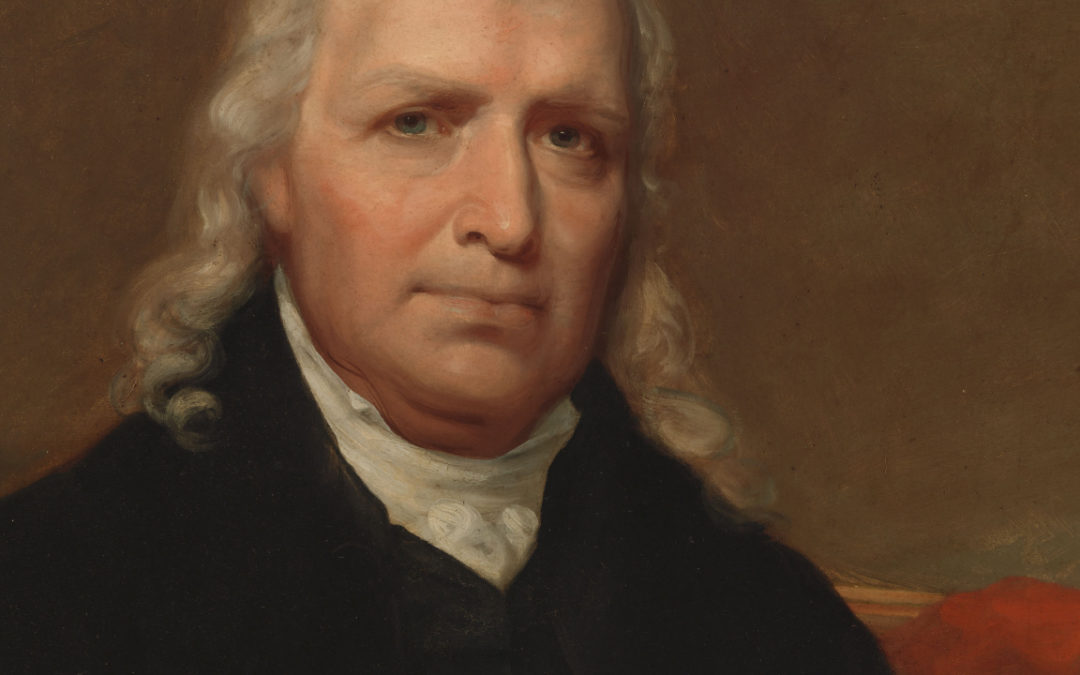
Impeachment


Skeptical on Impeachment
I’ll put the conclusion first: I think supporters of the present impeachment have largely stated the law correctly, but I’m skeptical of their application of the law to the facts. As indicated in a prior post, I mostly agree with the Majority Counsel’s scholarly and...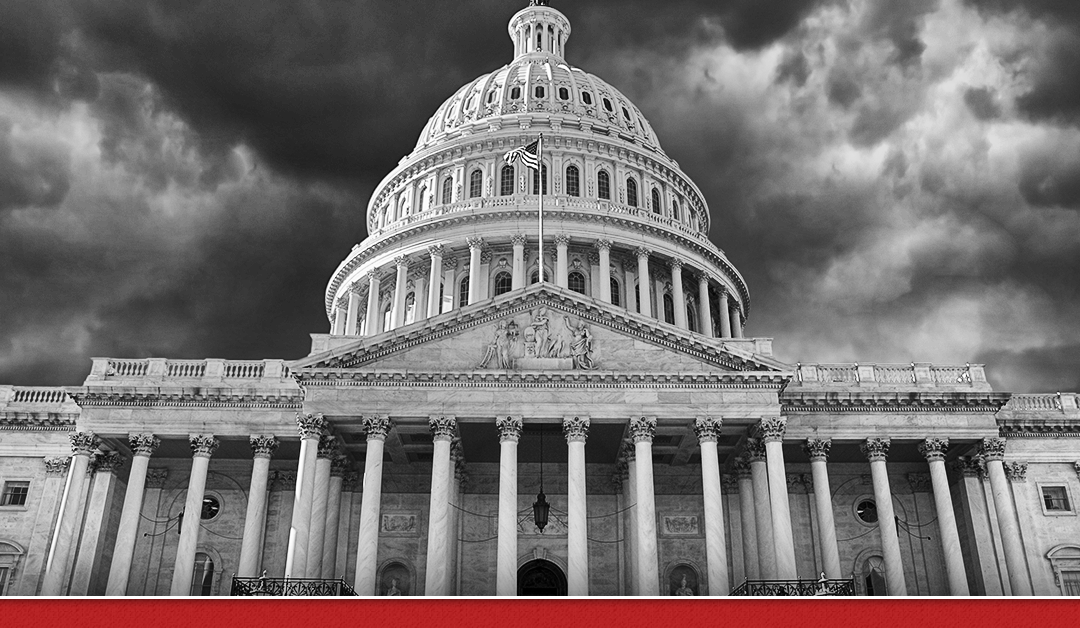
The Judiciary Committee’s ex post facto approach to impeachment violates the Constitution
The House Judiciary Committee has issued a report claiming, essentially, that Congress is not bound by any standards of what is impeachable. Citing Justice Joseph Story, who wrote a 19th century commentary on the Constitution, the report claims that it is impossible...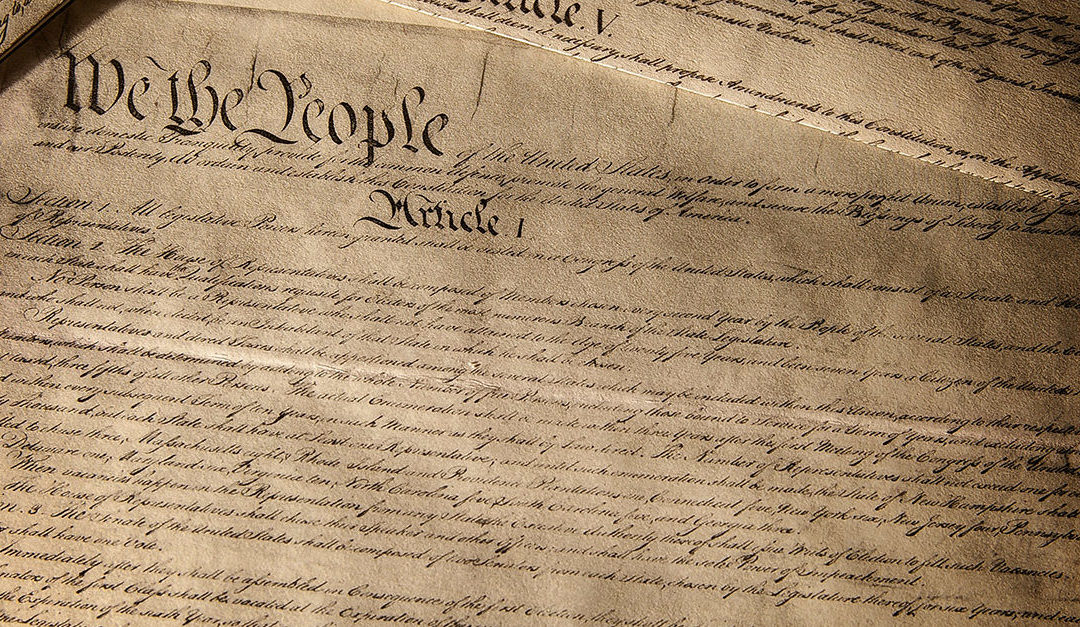
Originalism and the Impeachment Hearings (so far)
Apparently the law professors’ testimony in the impeachment hearings last week had a fair bit of originalist-oriented discussion. Michael Dorf and Saul Cornell have different views on whether that’s appropriate for (presumably) non-originalist scholars. ...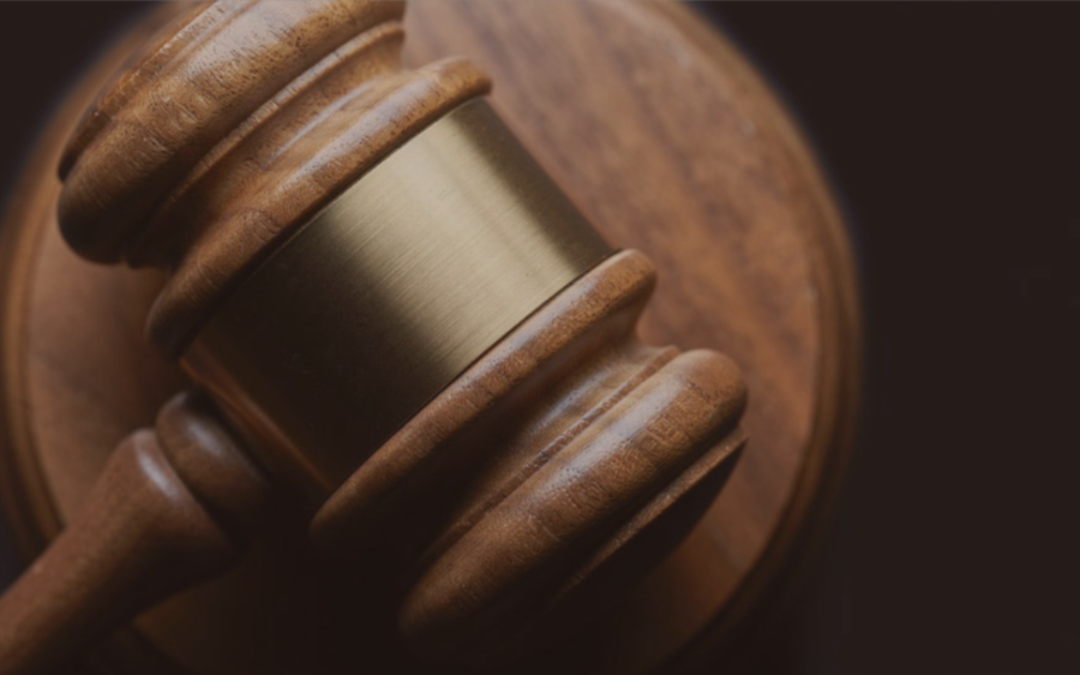
The 6th Amendment and the Impeachment Process
At the Daily Caller, Steven Calabresi (Northwestern): House Democrats Violate The 6th Amendment By Denying Trump A Public Trial. The “public trial” point has been a bit overtaken by events as the House process is now public, but the essential claim...